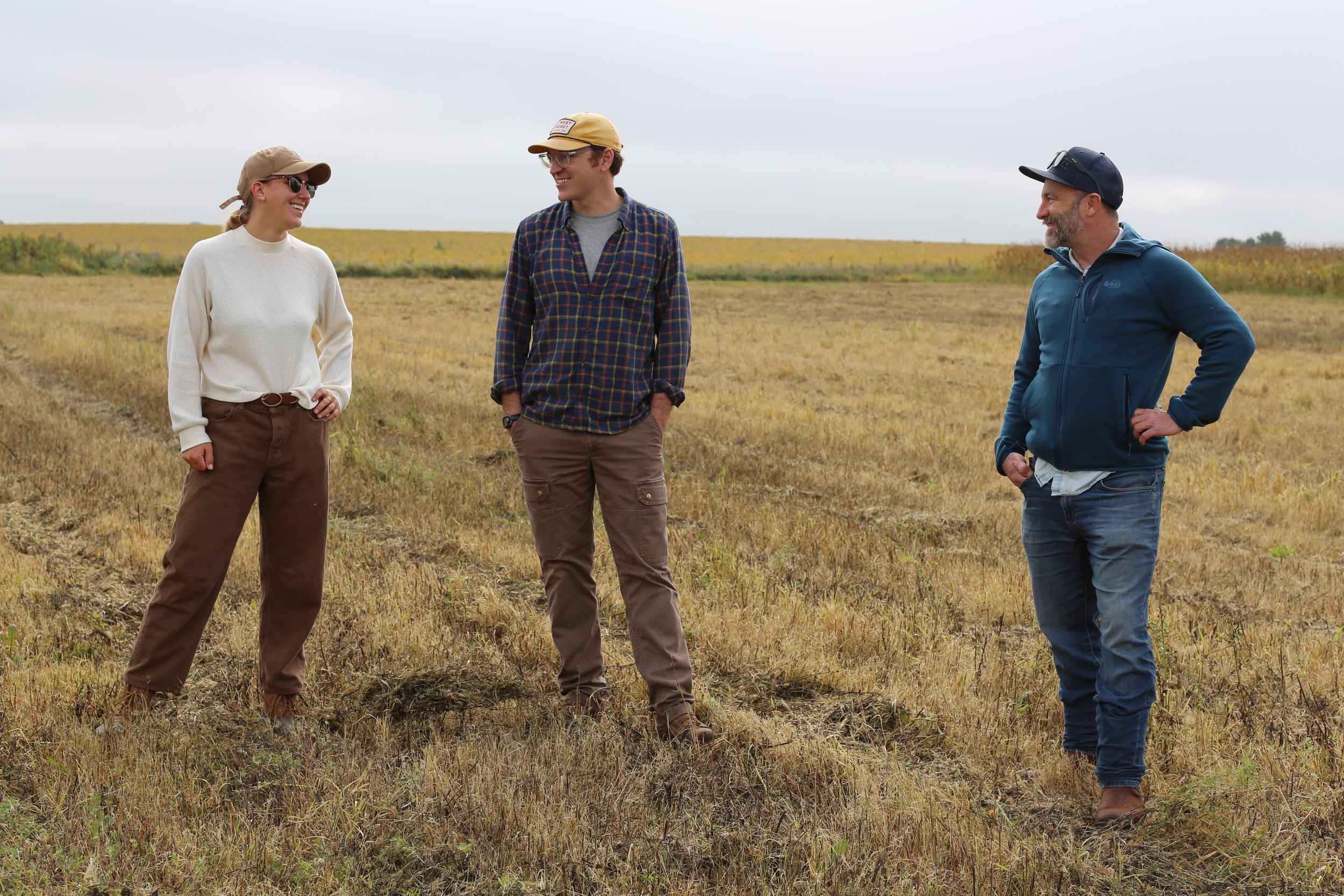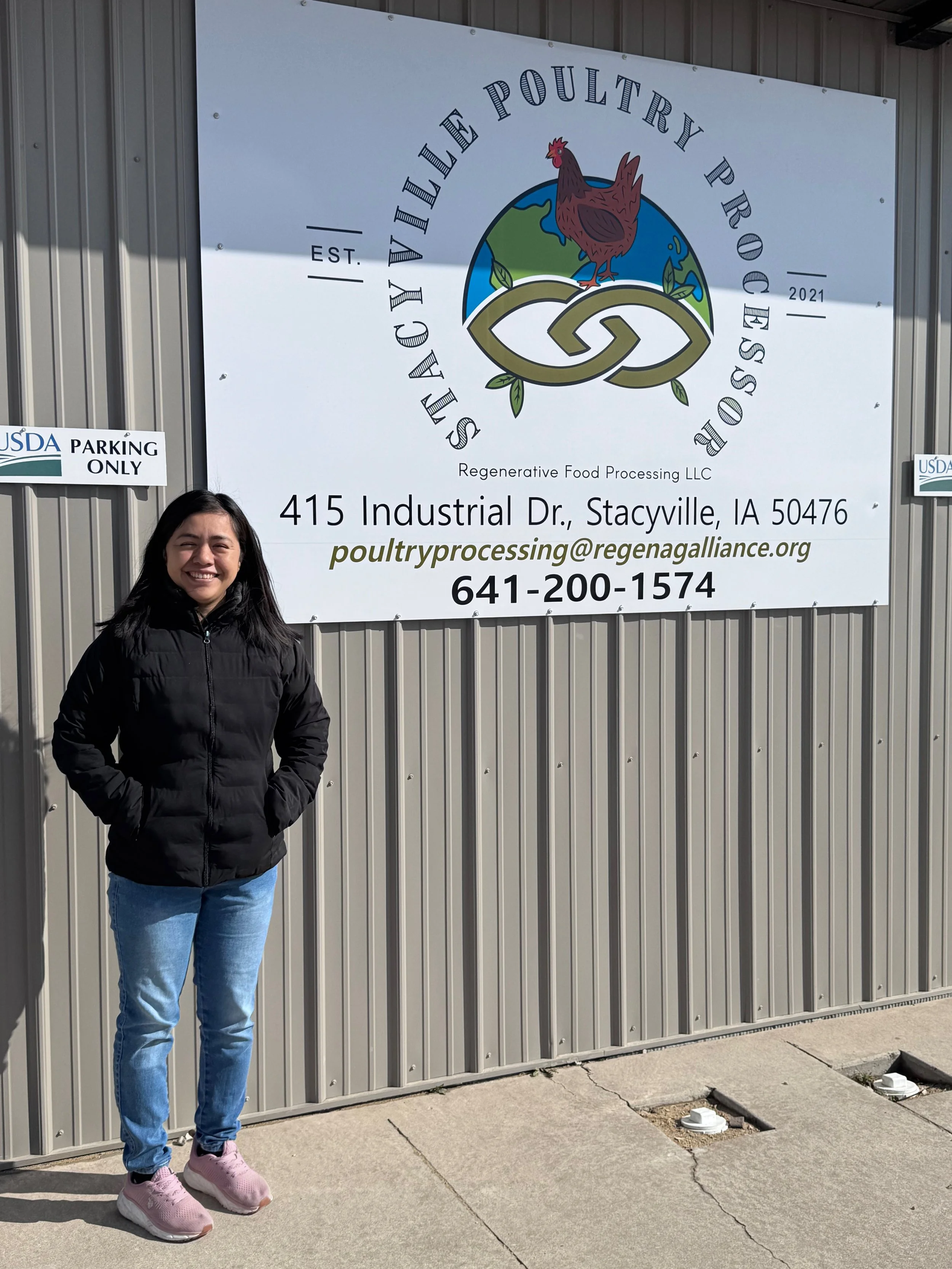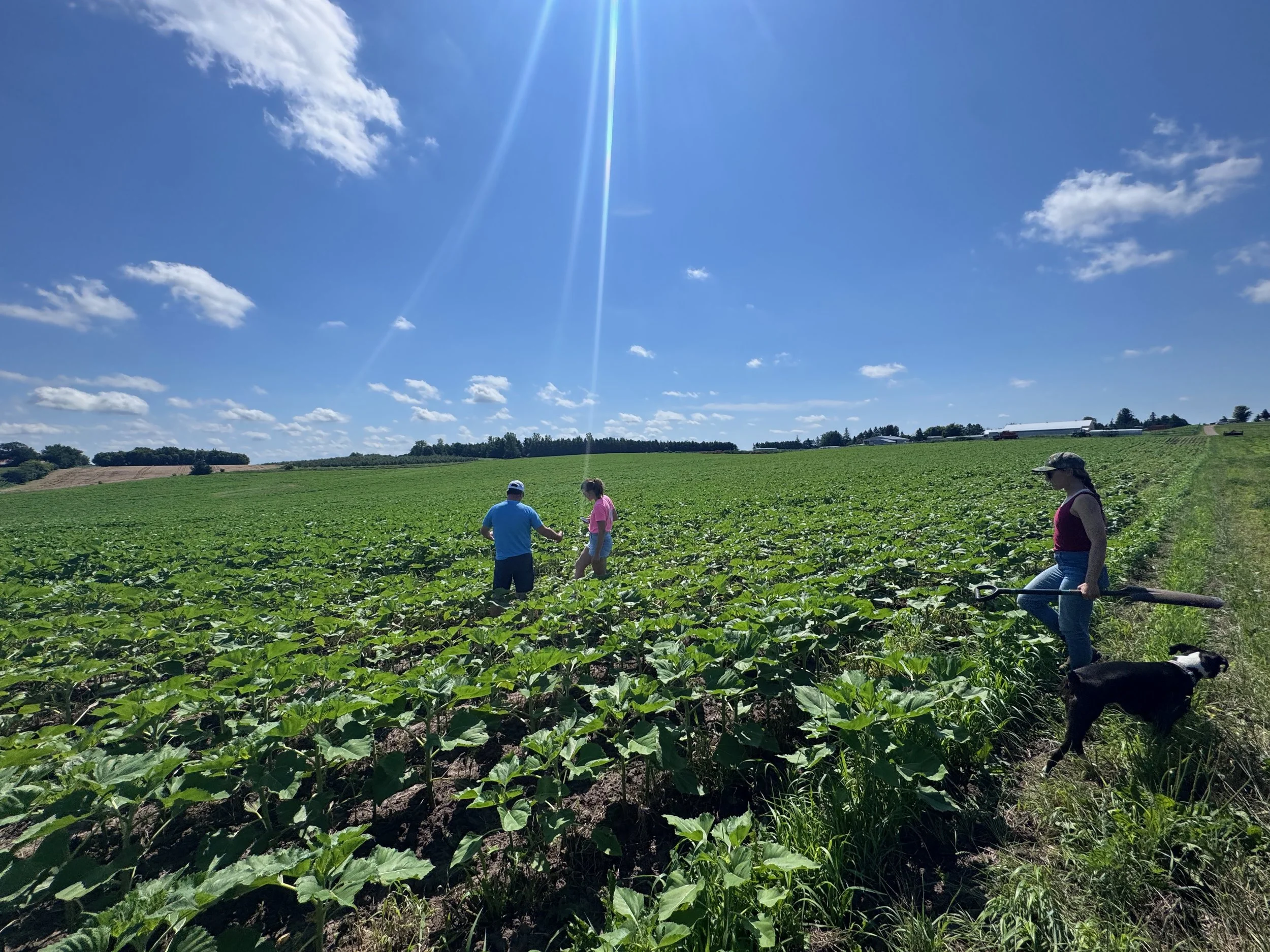
OUR PROGRAMS
We recognize that the journey towards organic and regenerative agriculture requires more than just good intentions; it demands robust and innovative support systems for the farmers working with the land. That's why we're implementing a range of programs tailored to empower farmers as they steward the land towards health and vitality.
OPEN GRANTS
Other Initiatives
Restore Midwest
An innovative partnership between Healing Soils Foundation (HSF) and Zero Foodprint (ZFP) to scale regenerative agriculture across the Midwest. We provide funding to farmers to implement regenerative agricultural practices that improve soil health, enhance biodiversity, and increase climate resilience.
ZFP has awarded over $2.6 million of private sector funds and $4.9 million from government funds to over 500 farm projects. These funds are deployed as direct to farmer grants enabling them to adopt regenerative methods that restore soil health and sequester carbon.
Paul Bickford Legacy Grant
This grant supports Midwestern organic and regenerative farmers that are leaders in their community, actively sharing the principles of regenerative agriculture, and strengthening the regional foodshed to revitalize our soils.
This grant honors the legacy of Paul Bickford, a beloved friend, mentor, and innovative organic farmer. Paul, who passed away in a farm accident on August 23, 2022, was a pioneer in transitioning from conventional to organic farming practices. His journey began with his father Melvin in Sauk County, before he established the Bickford Diary in Ridgeway in 1978.
In 1992, Paul and his family converted their confinement dairy operation to rotational grazing and became strong advocates for this movement. Over the last decade, Paul transitioned to organic grain farming under the name Bickford Organics. Paul was a tireless advocate for organic farming and nurturing the next generation of farmers. He served on Wisconsin's Department of Agriculture, Trade, and Consumer Protection's Organic Advisory Council and the USDA Advisory Committee on Beginning Farmers and Ranchers. His contributions were numerous, and his legacy continues to inspire.
Check back soon for the next round of funding!





